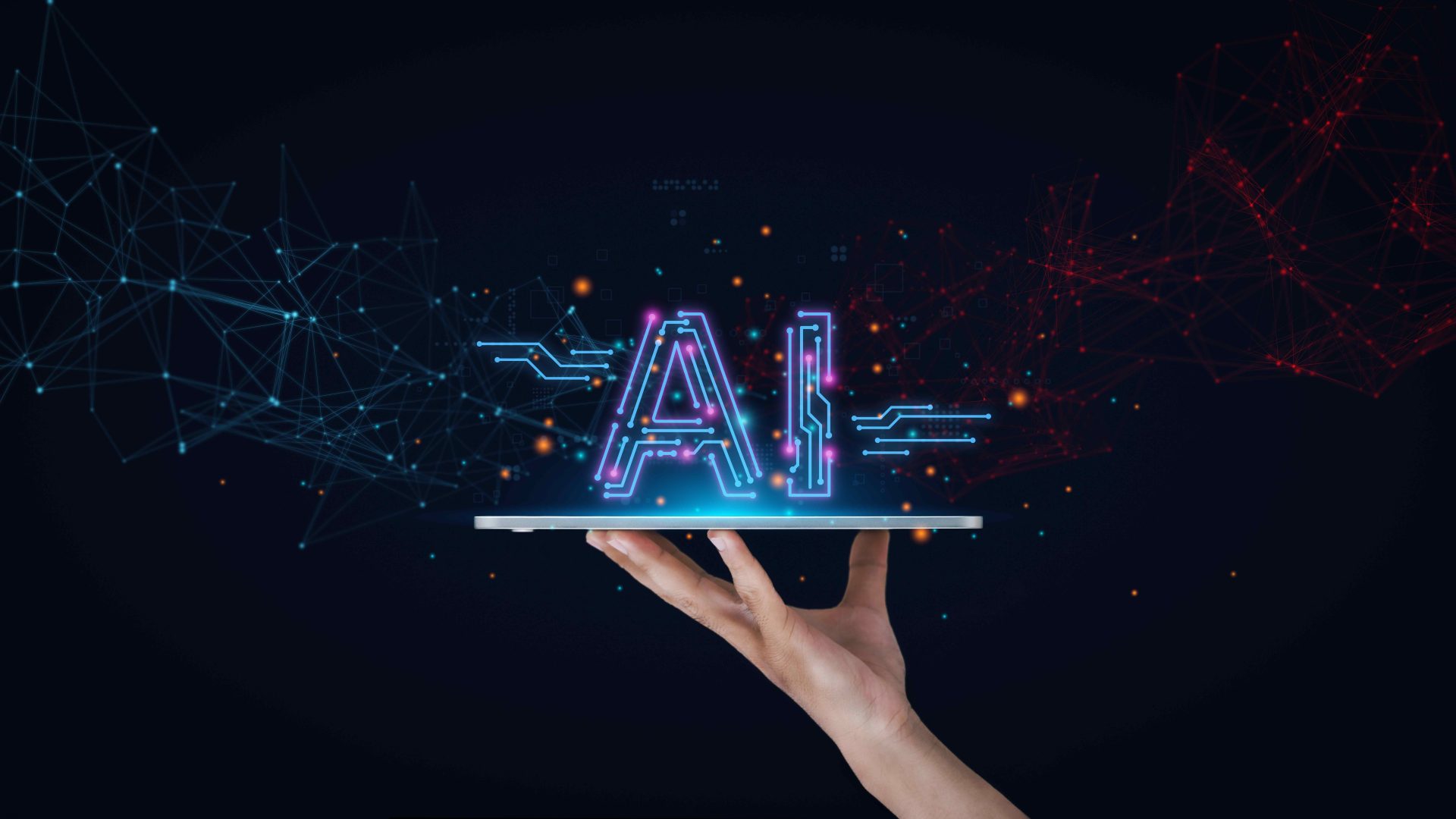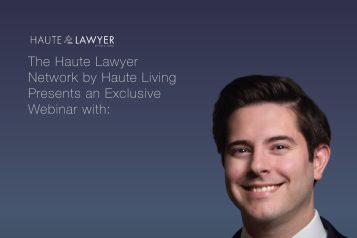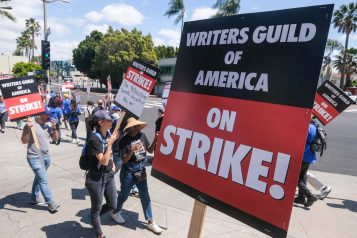The intricate intersection of artificial intelligence and creative expression has ushered in an era of legal ambiguity, culminating in a pivotal ruling that could reshape the landscape of copyright law. In a groundbreaking decision, a federal judge in Washington, D.C., solidified the stance that artwork produced by artificial intelligence lacks the essential “human involvement” necessary for copyright protection. This ruling, a first of its kind in the United States, has far-reaching implications for the burgeoning realm of AI-generated art.

Judge Beryl A. Howell of the U.S. District Court for the District of Columbia recently underscored the legal community’s ongoing debate on the eligibility of AI-created art for copyright safeguards. The decision reaffirmed the earlier stance of the United States Copyright Office, which had previously denied copyright protection for an artwork named “A Recent Entrance to Paradise,” created by computer scientist Stephen Thaler using his proprietary A.I. system known as the “Creativity Machine.”
Thaler, the visionary founder of Imagination Engines, a trailblazing artificial neural network technology firm, contested the denial of his copyright application in June 2022. The artwork in question, a captivating two-dimensional depiction of train tracks beneath an arch of lush greenery, was generated autonomously by a computer algorithm running on his A.I. system. However, this premise proved discordant with the fundamental principles of copyright law, which hinge on human authorship.
Judge Howell’s ruling rests on the unanimous stance of courts that works devoid of human influence are ineligible for copyright protection. This assertion highlights the evolving frontier of copyright law intricately linked to aesthetics and originality. The burgeoning popularity of AI-generated art has spurred an urgency to clarify the legal confines of its protection. Howell’s pronouncement underscores the need to delineate the extent of human involvement necessary to warrant copyright protection for AI-crafted art.
The emergence of AI-generative platforms like OpenAI Inc.’s ChatGPT, DALL-E, and Midjourney has compounded the legal complexity surrounding appropriation art, a tradition where artists repurpose existing creations. This practice often thrusts legal battles into the spotlight, with judges compelled to play the dual roles of legal arbiters and art critics. A watershed moment emerges as millions of digital artworks birthed by generative platforms challenge conventional notions of authorship and originality.
Thaler’s legal representative, Ryan Abbott of Brown Neri Smith & Khan LLP, expressed dissent over Howell’s judgment and vowed to appeal. Abbott’s assertion that the court’s interpretation of the Copyright Act is erroneous underscores the fervent debates this ruling has ignited. Through his legal counsel, Thaler argues that providing copyright protections to AI-generated artworks could catalyze creative inspiration and align with the core objectives of copyright law.
The broader implications of this decision resonate throughout the creative and technological spheres. As artists increasingly incorporate A.I. into their creative toolkits, the legal landscape must adapt to accommodate these innovative practices. The ruling not only impacts artists like Thaler but also extends to the broader narrative of intellectual property protection within the digital age.
Undoubtedly, the legal discourse surrounding AI-generated art has only just begun. The confluence of cutting-edge technology and artistic expression necessitates a reevaluation of traditional legal paradigms. The ruling handed down by Judge Howell echoes the evolving nature of creativity and the law, where human ingenuity collaborates with computational capabilities.


















